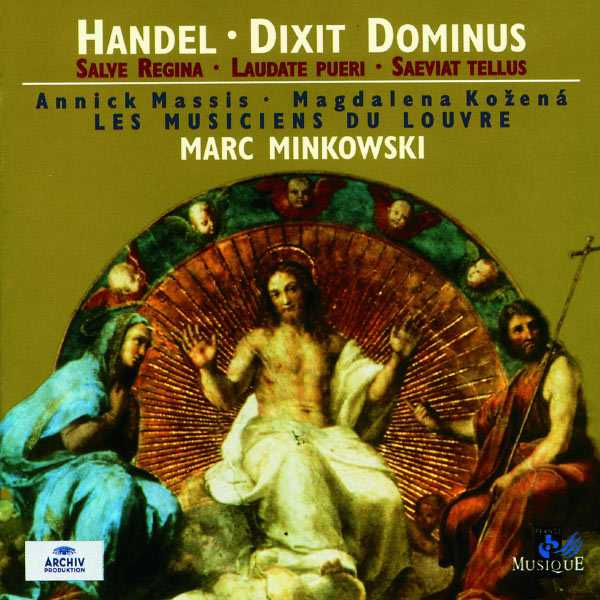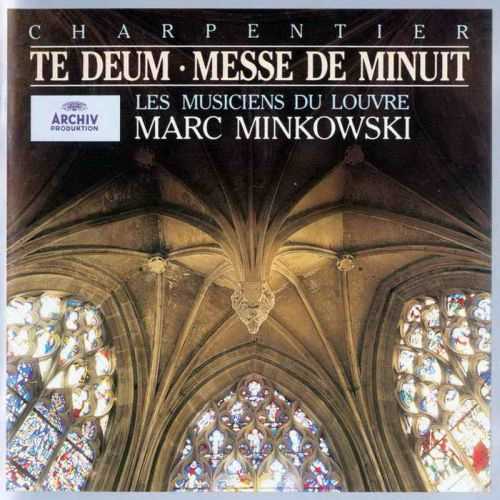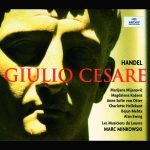
Composer: George Frideric Handel
Performer: Annick Massis, Magdalena Kozená, Sara Fulgoni, Patrick Henckens, Kevin McLean-Mair, Marcos Pujol
Orchestra: Les Musiciens du Louvre
Conductor: Marc Minkowski
Format: FLAC (tracks)
Label: Archiv
Catalogue: 4596272
Release: 1999
Size: 314 MB
Recovery: +3%
Scan: cover
Saeviat tellus inter rigores HWV 240 Motetto per la Madonna Santissima del Carmine
01. Saeviat tellus
02. Carmelitarum ut confirmet
03. O nox dulcis
04. Stellae fidae
05. Sub tantae Virginis tutela
06. Alleluia
Laudate pueri Dominum HWV 237
07. Laudate pueri
08. Sit nomen Domini
09. A solis ortu
10. Excelsus super omnes
11. Quis sicut Dominus
12. Suscitans a terra inopem
13. Qui habitare facit
14. Gloria Patri
Salve Regina HWV 241
15. Salve Regina
16. Ad te clamamus
17. Eia ergo, advocata nostro
18. O clemens, o pia
Dixit Dominus, HWV 232
19. 1. Dixit Dominus
20. 2. Virgam virtutis tuae
21. 3. Tecum principium in die virtutis
22. 4. Juravit Dominus
23. 5. Tu es sacerdos in aeternum
24. 6. Dominus a dextris tuis
25. 7. De torrente in via bibet
26. 8. Gloria Patri, et Filio
These pieces, written in Handel’s early twenties, embody a kind of excitement and freedom, and a richness of ideas, that come from his contact with a different tradition and a sudden realisation that the musical world was larger and less constricted than he had imagined, tucked away in provincial middle and north Germany. You can hear him stretching his musical wings in this music. And it certainly doesn’t fail to take off in these very lively performances. The quickish tempos habitually favoured by Marc Minkowski are by no means out of place here. The Saeviattellus, although little recorded, is pretty familiar music, as Handel recycled most of it, notably the brilliant opening number in Apollo e Dafne and the lovely ‘O nox dulcis’ in Agrippina. This is a solo motet, as too is the Salve regina, notable for the expressive vocal leaps and chromatic writing in the ‘Ad te clamamus’ and the solo organ and string writing in the ‘Eia ergo’ that follows.
Laudate pueri, which uses a choir, is another fresh and energetic piece: the choir of the Musiciens du Louvre do their pieces in rousing fashion, and there’s some happy oboe playing, as well as fine singing from KoOená, earlier on, in particular in the hugely spirited ‘Excelsus super omnes’. The biggest item is the Dixit Dominus, where the choir sings very crisply. The illustrative settings of ‘ruinas’ tumbling down through the registers, and the ‘conquassabit’ that follows, are truly exciting; and the long closing chorus is done with due weight at quite a measured pace.
These splendid performances truly capture the spirit of these marvellous pieces.



